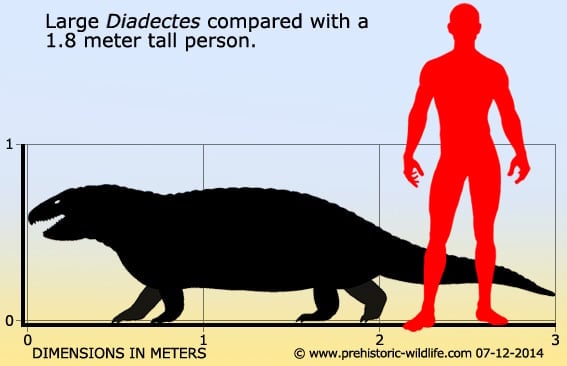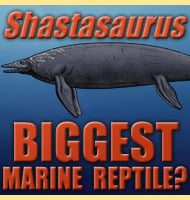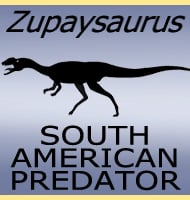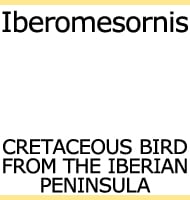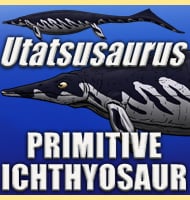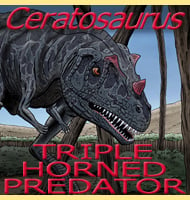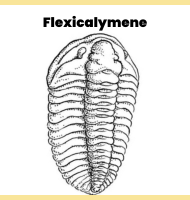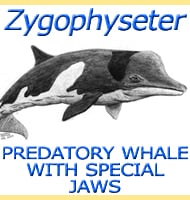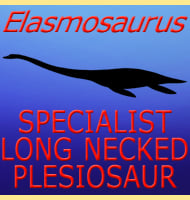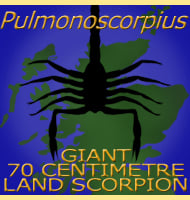In Depth
Diadectes was discovered and named twice by both Othniel Charles Marsh and Edward Drinker Cope, the two central players of the ‘bone wars’. Marsh named it Nothodon while five days later Cope released the name Diadectes. Normally under these circumstances, Nothodon would have precedence but in a twist, when they were synonymized in 1912 Diadectes was given precedence. This is against the standard practice of ICZN (International Commission on Zoological Nomenclature) rules that state that the first name should be used.
One of the key points that must be realised about Diadectes is that it represents the earliest known amphibian to be herbivorous. Its skeleton is particularly large to accommodate an extended intestinal system so that it could digest plant material. Its skull is particularly special in that it contains peg like teeth at the front that would have been especially efficient for stripping the leaves off ferns, it also had flat molar teeth for grinding the plant material. The skull also has a partial second palate study of which suggests that this would have allowed Diadectes to breathe while it chewed its food.
Due to its transitional nature with a mix of both amphibian and reptile features, the exact classification is difficult and is potentially subject to change in the future.
Further Reading
– A new Diadectes. – The American Naturalist 12:565. – E. D. Cope – 1878. – New or little known reptiles and amphibians from the Permian (?) of Texas. – Bulletin of the American Museum of Natural History 28:163-181. – E. C. Case – 1910. – A description of the skulls of Diadectes lentus and Animasaurus carinatus. – American Journal of Science 33(30):339-348. – E. C. Case & S. W. Williston – 1912. – Early Permian Vertebrates from the Cutler Formation of the Placerville Area, Colorado. – United States Geological Survey Professional Papers 503-C:C1-C46 – G. E. Lewis & P. P. Vaughn – 1965. – Diadectes (Diadectomorpha: Diadectidae) from the Early Permian of Central Germany, with description of a new species. – Annals of Carnegie Museum 67(1):53-93. D. S. Berman, S. S. Sumida & T. Martens – 1998.
